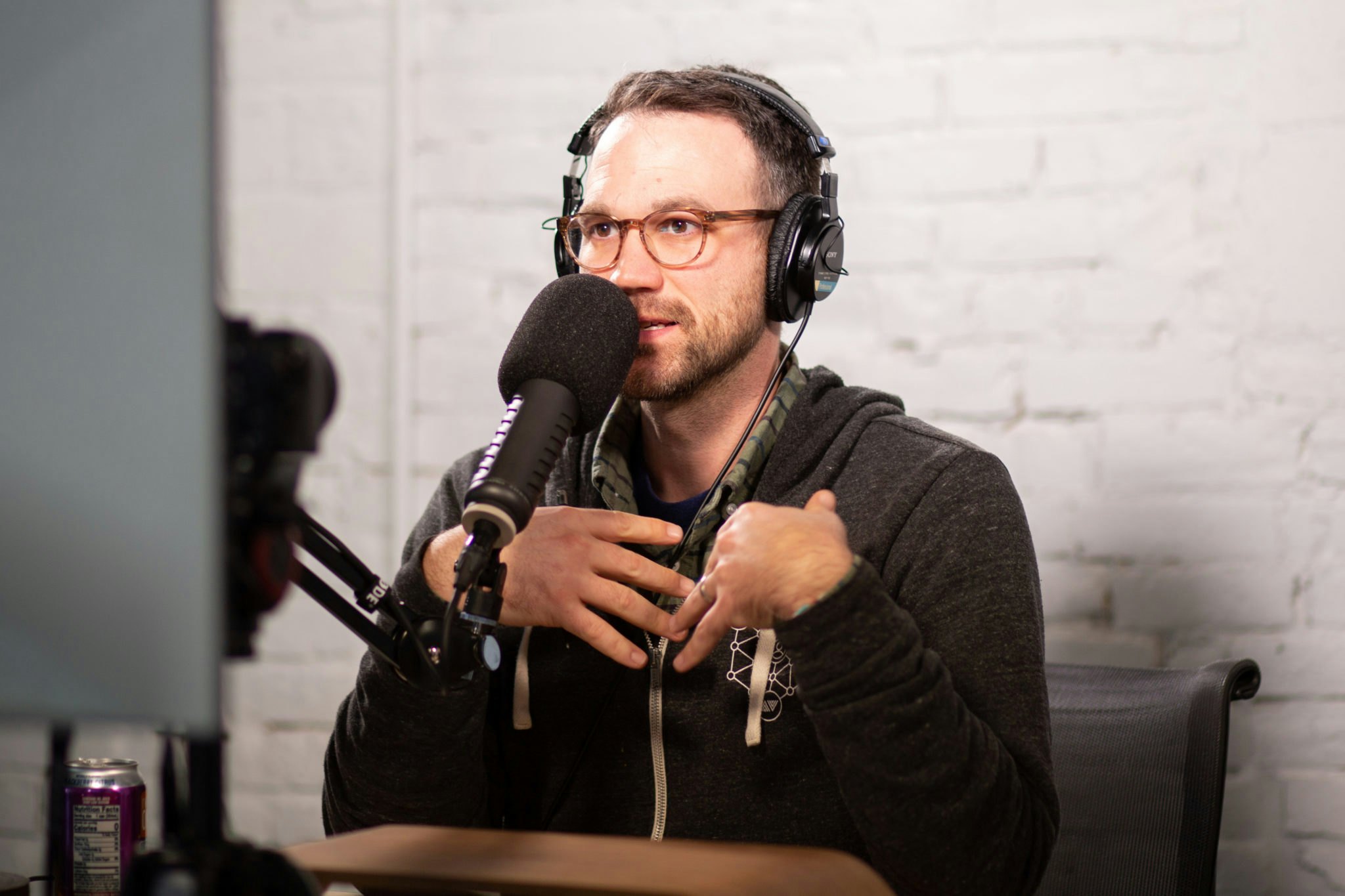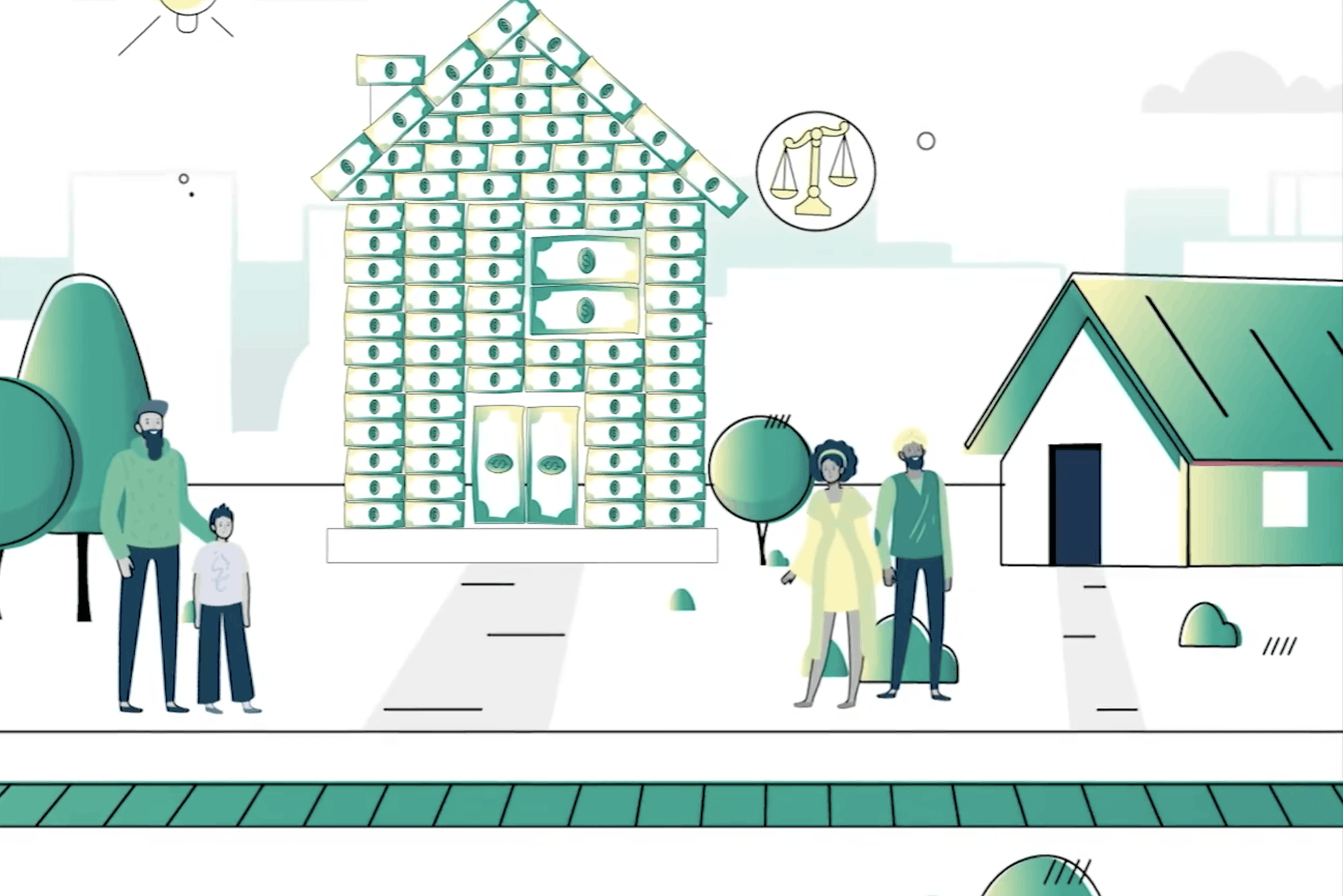Strategic Real Estate
Neighborhoods are complex – a patchwork of organizations, households, and people all with varied backgrounds. Diversity, whether racially, educationally, professionally, or socially, is one of the hallmarks of thriving neighborhoods. Therefore, no single issue within a community is the sole factor that determines its success or failure. Solutions to community problems need to embrace the complexity of the situation to find holistic solutions that embrace this critical diversity component.
Due to their small size, neighborhoods have historically lacked access to proper economic planning and have been overlooked in favor of citywide and regional approaches. While it can be difficult to measure labor, capital, and real estate markets at a neighborhood level, a city truly is the sum of its parts. While initiatives and organizations of late (like the Center for Neighborhoods; Neighborhood Economics; and Better Block Initiatives) have emerged with growing support for this focus, we have a long way to go.
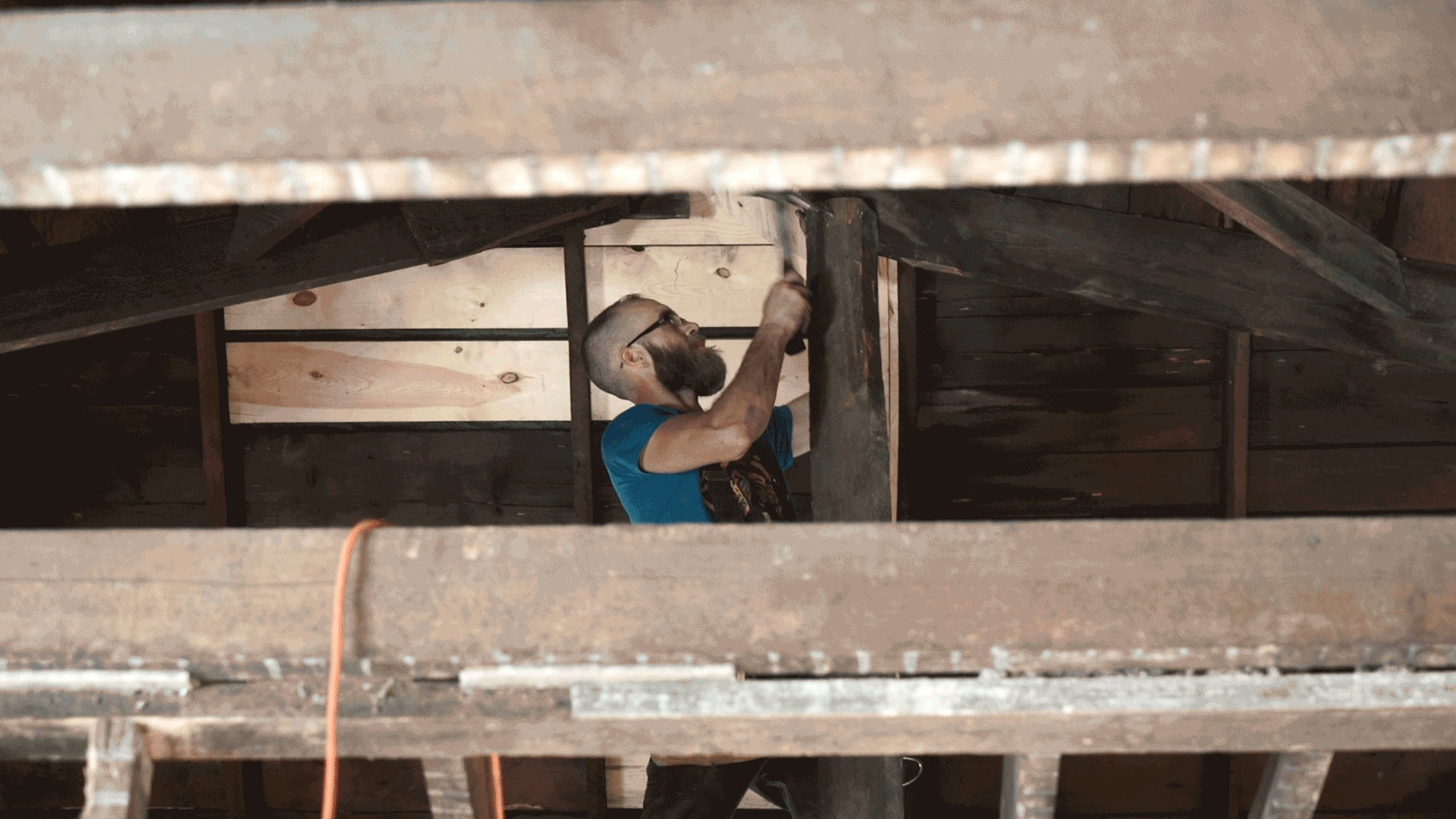
Think of it in this way: if a city were a family, its members would be neighborhoods. The stability and health of the collective are formed by the aggregate health and stability of the individuals. The entire family struggles when one of its members is suffering. Similarly, thriving neighborhoods are not a secondary benefit of citywide planning, but part of the foundation for citywide flourishing. History also tends to suggest that leaders who are closest to the challenge have the greatest insights on a sustainable solution. The inclusion of a neighborhood strategy ensures that any higher level planning takes into consideration much-needed nuance.
The development of neighborhood-level economics takes the form of job creation, business development, housing solutions, commercial spaces, creative placemaking, and localized philanthropy. We want to channel capital into neighborhoods in a way that creates greater community wealth.
One of the primary missions of Access Ventures is to see communities thrive. We believe that investing in commercial and residential real estate in an underserved and low-income neighborhood benefits the residents who are otherwise overly burdened by the high cost of rent. We also believe that investing in small local businesses and commercial rental space in those same neighborhoods can further improve the image of a community and make it more inviting while providing jobs and supplying a much-needed boost to the economy.
Our vision is to see communities revitalized through the creative deployment of capital into tailored, integrated, and holistic solutions.
Traditionally, underserved neighborhoods receive two forms of capital: government & philanthropic subsidies, and risk-tolerant/maximizing investment. While these strategies help to channel financial capital into neighborhoods in need of investment dollars, they can also have significant detrimental impacts on receiving communities. Residential properties can be an anchor that stabilize a community’s position in a more turbulent region or an anchor that drags it under.
This lack of housing security is part of a much larger socioeconomic system that can perpetuate cycles of need. It is no surprise that in these communities, residents pay over 50% of their disposable incomes to housing costs. Therefore, when a crisis arises, they lack the assets to meet those demands and are once again, facing eviction – or worse.
Back in 2006, Brookings published a research report that states “ Reducing the costs of living for lower income families by just one percent would add up to over $6.5 billion in new spending power for these families.” The solutions presently deployed are insufficient and leave the residents facing a broken system with little recourse. Access to quality, stable, and affordable housing remains a struggle for many low-income and low-wealth individuals and families. These families face daily decisions that inherently carry more risk due to housing instability.
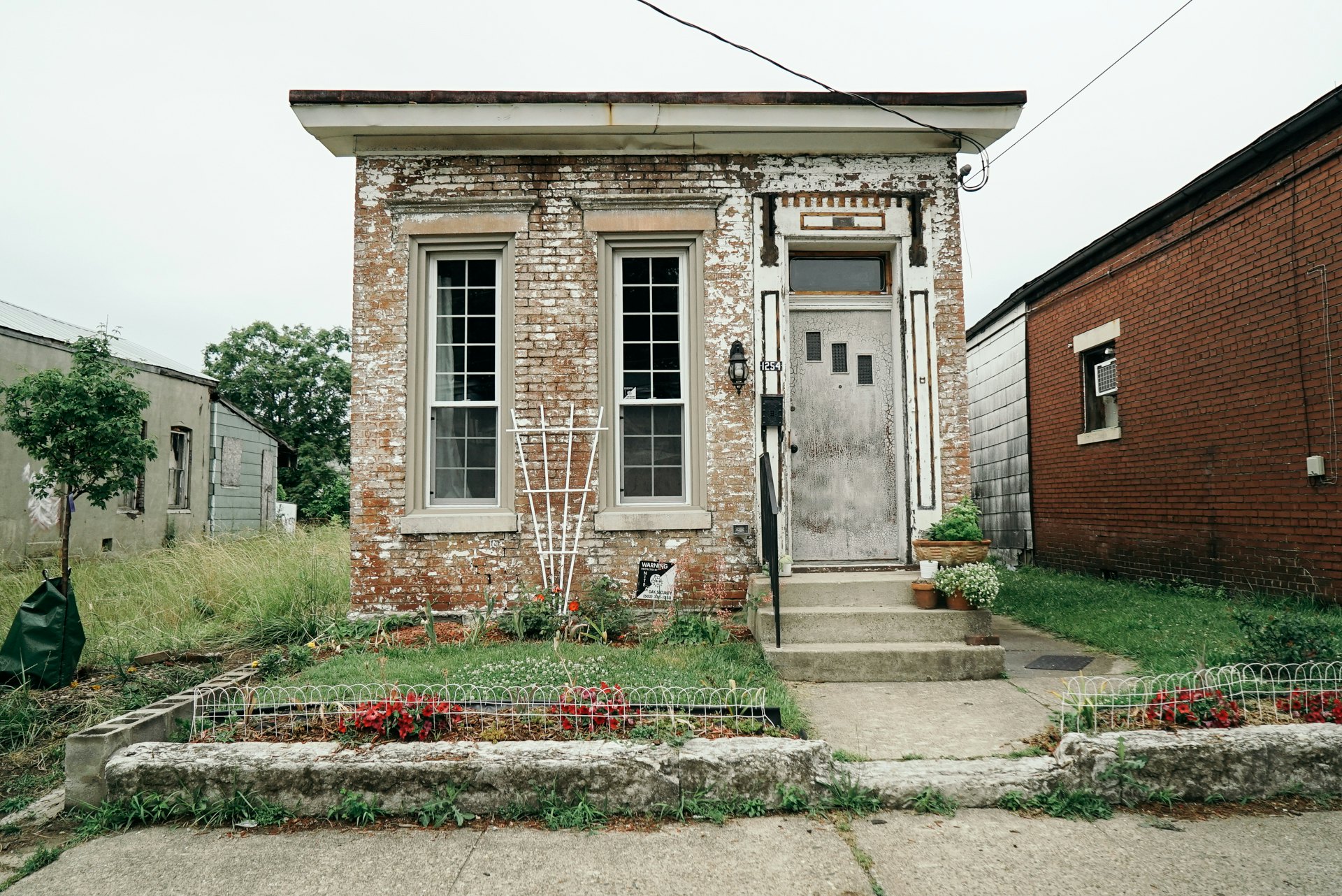
The subsidy-based model deployed by most government and philanthropic organizations is very effective in serving as a temporary fix in neighborhoods experiencing significant economic troubles. This model often solves the immediacy of needs stemming from lack of access to capital. However, it can simultaneously undermine additional investments in these neighborhoods by skewing the market with cheap/free money. Most of these programs are rightfully targeted at those with the most need (financial, educational, health, etc.) within a community. These programs often leave a large contingent of individuals and families who do not qualify for the programs unable to access the needed resources or services required to thrive. Many families still find themselves excluded from participation in traditional markets and these subsidy programs.
Simultaneously, traditional investors are looking for a 15-20% return on investment, and due to years of neglect, these properties typically require more work than would allow for them to get this rate of return. Therefore, only the risk-tolerant, profit-maximizing private investments move into disinvested neighborhoods. Unfortunately, these activities can easily fall victim to unintentional outcomes that would be deemed exploitative.
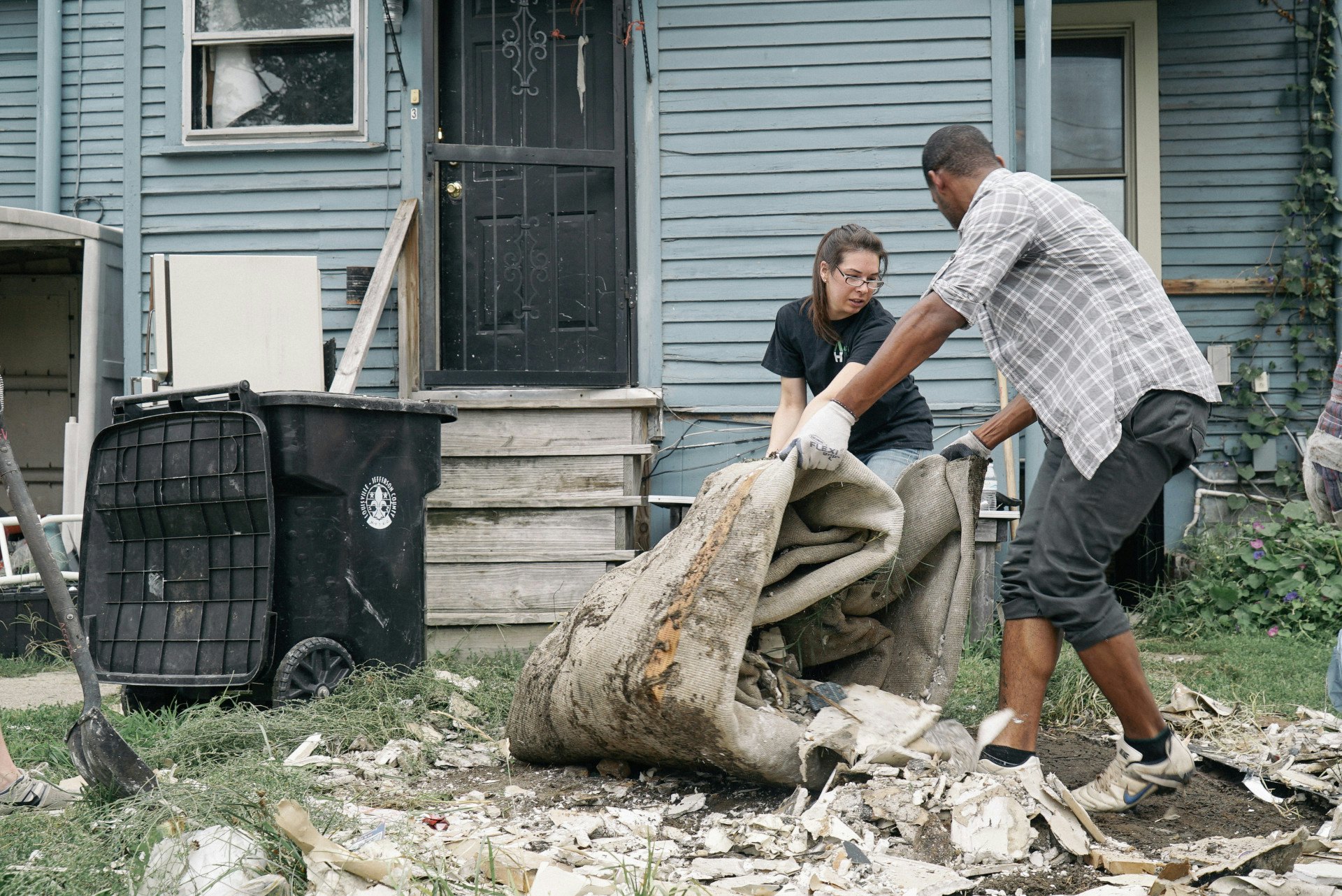
More intentional forms of exploitation are often personified in these communities by high concentrations of payday lenders and slumlords. Injustice can also take more subtle forms such as paying more for everyday goods, being subject to higher transaction costs, and paying more in fees for financial services. Access Ventures’ investments seek to channel balanced capital into traditionally underserved neighborhoods to help spur the generation of greater community wealth.
We are not advocating a command-side approach, nor are we anti-financial return. We simply are advocating for a pro-market solution. Historic approaches are only serving as a band-aid to the problem and masking the underlying issues. For our communities to experience holistic flourishing we must build robust community strategies that seek to engage the complex root problems. Through investing in neighborhood economies, we can help create a system that results in greater community wealth for all.
Every investment we make into a business or community must be something we are proud of, something we ourselves support, and something people will love. If you are involved with an organization, initiative, or real estate that you believe fits our mission, we’d love to meet you and learn more! Send us a message with more information about your organization or property.


